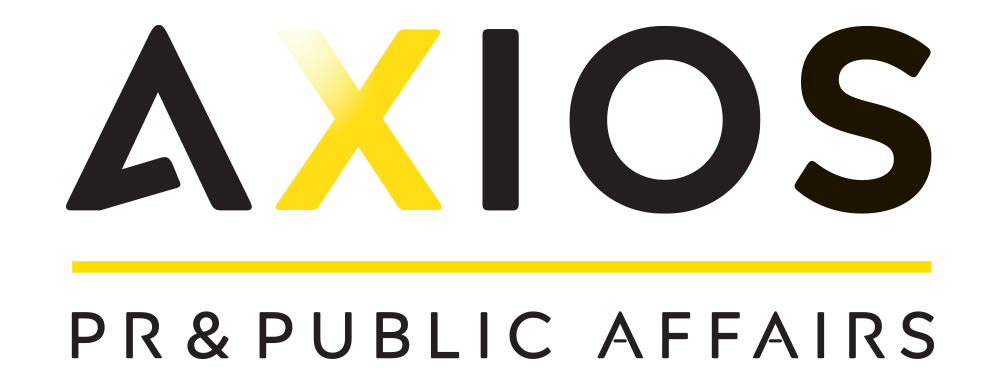Protecting corporate reputation in a fragmented media world
Recently, public debates have touched on the disappearance of newsstands, with the claim that “nobody reads print press anymore.” An exaggeration, of course, but one that reflects a genuine shift in perspective. Not long ago, both individuals and companies invested constantly in print subscriptions and executives started their day reviewing curated media briefings. Information was paid for and filtered through clear values and criteria. Today, however, the newsstand has moved into the social media feed. Here you pay nothing, but you also no longer receive information that has passed through the same editorial filters. What you get instead is an unfiltered mix of everything - serious reporting, opinion, and noise.
Some people still access established publications directly or subscribe to newsletters curated by respected journalists, but they remain a niche. For companies, the real challenge is a much wider public that relies primarily on social media for information. There, high-quality journalism is mixed with content from obscure sources, and distinctions in credibility often disappear.
A more exposed and unpredictable context
For companies, this shift is far from favorable. In the past, reputations were largely shaped by traditional media. Today, any article or viral post, regardless of its source, can trigger a wave of reactions with real impact on a brand. Social feeds place reputable outlets and marginal sources on the same level in the eyes of the reader, raising the reputational stakes.
Another factor of vulnerability comes from the production pressures even established outlets face. The volume of content delivered in multiple formats leaves less room for deep analysis and context. As a result, some niche sources can appear more thorough or more engaged with their audiences, even without the same rigor.
The risks for companies
This ecosystem increasingly produces fragile reputations that burn out quickly: organizations or start-ups that appear overnight and, thanks to online visibility, seem as relevant as established players. The problem is that when too many fragile reputations pile up, a spark can ignite a rapid firestorm. A reputational crisis can erupt from a peripheral source and escalate rapidly. Audiences react to headlines and emotions, not to who published the content. And a lack of timely response can turn a minor issue into a full-scale reputational firestorm.
How leaders and organizations can protect themselves
The greatest mistake is waiting for a crisis and reacting only then. In a fragmented media landscape, ad hoc responses are difficult. Prevention and investment in a solid reputation make all the difference.
An adage reminds us that “a good name is to be chosen rather than great riches.” For companies, this principle is as relevant as ever. A strong reputation cannot be built overnight and cannot be improvised during a crisis. It requires consistency, transparency, and ongoing effort to remain relevant and credible.
In practical terms, companies need to expand their monitoring tools to include social media conversations and niche publications, not just mainstream outlets. At the same time, response plans should be tested in advance, so organizations are not caught off guard when distorted information surfaces. Equally important is the trust capital built through consistent visibility: thoughtful articles, active participation in events, community engagement, and a coherent public voice.
In sensitive moments, relationships with respected journalists and mainstream outlets make a difference, offering a credible framework to counterbalance distorted narratives. Meanwhile, leaders who already maintain direct channels to their audiences - through LinkedIn or other platforms - can communicate quickly without relying solely on third-party interpretations. And when those voices are already recognized as thoughtful and credible, their messages will carry more weight with stakeholders.
The current media landscape is no less valuable, but it is undeniably more complex. This very complexity makes the strength of reputation and long-term relationships the most effective shield for companies. Just as organizations track financial indicators and profit goals, they should treat reputation-building with the same discipline. Without a solid foundation of trust, even financial gains can be put at risk. Leaders who embrace this dual responsibility - profit and reputation - will be the ones best equipped to build lasting success.
